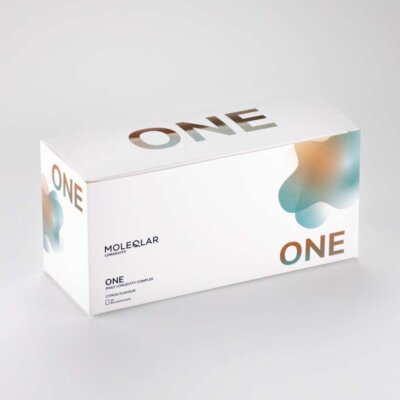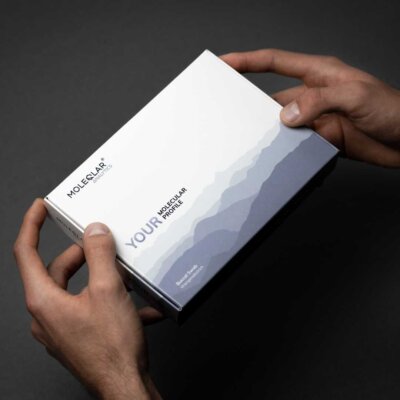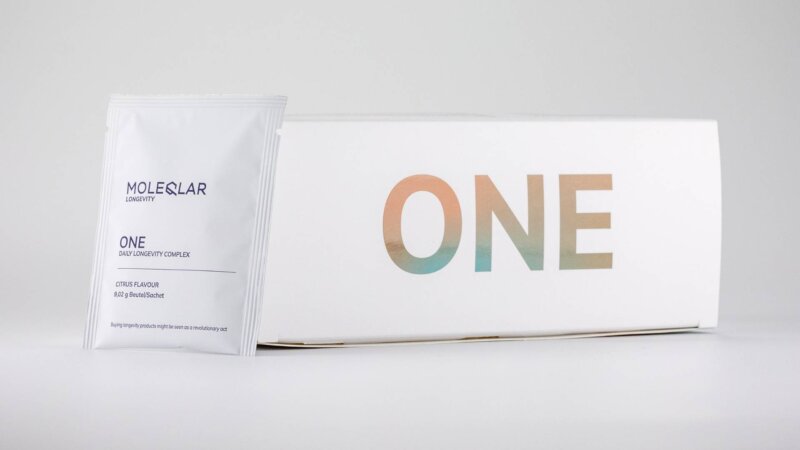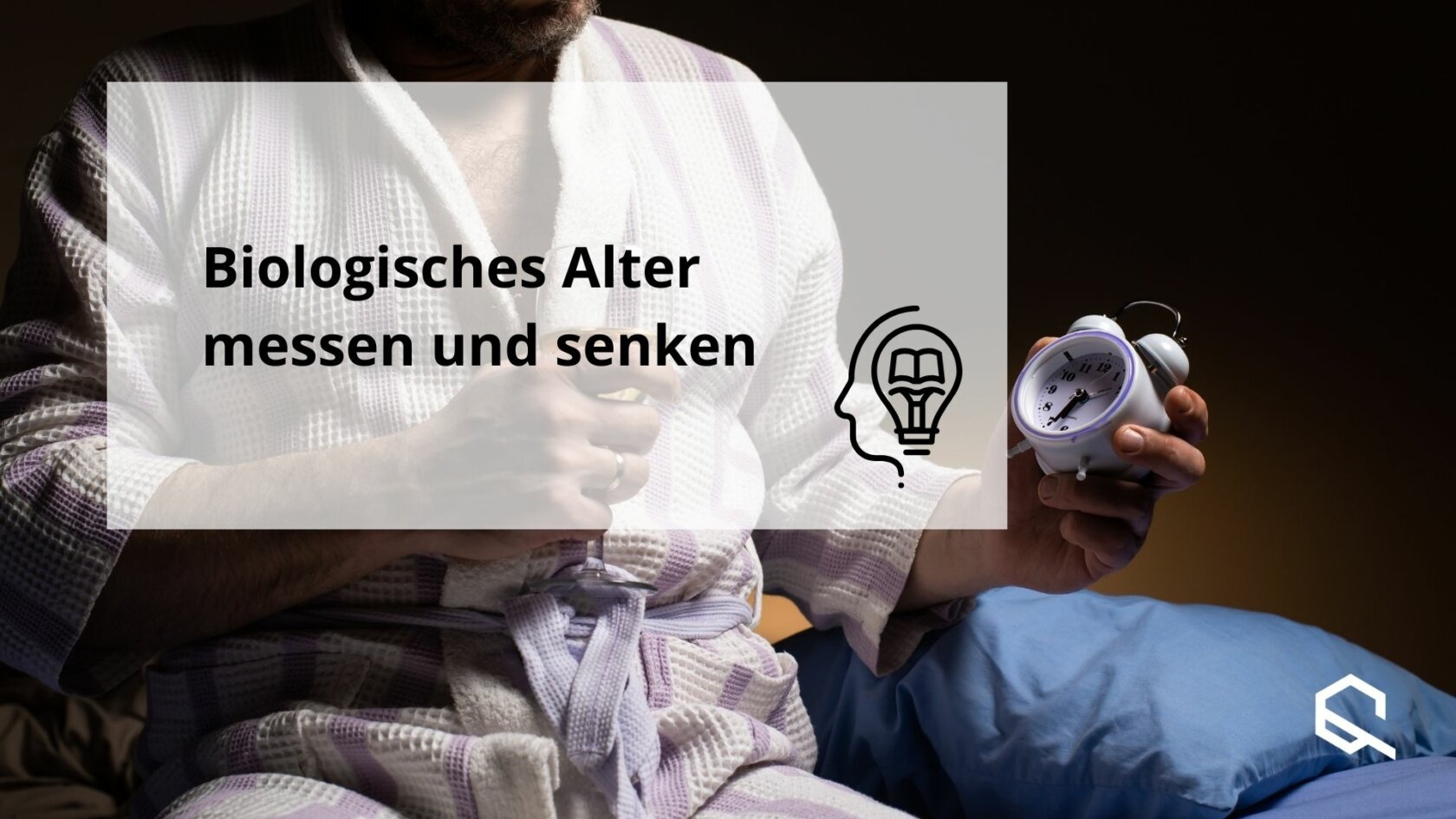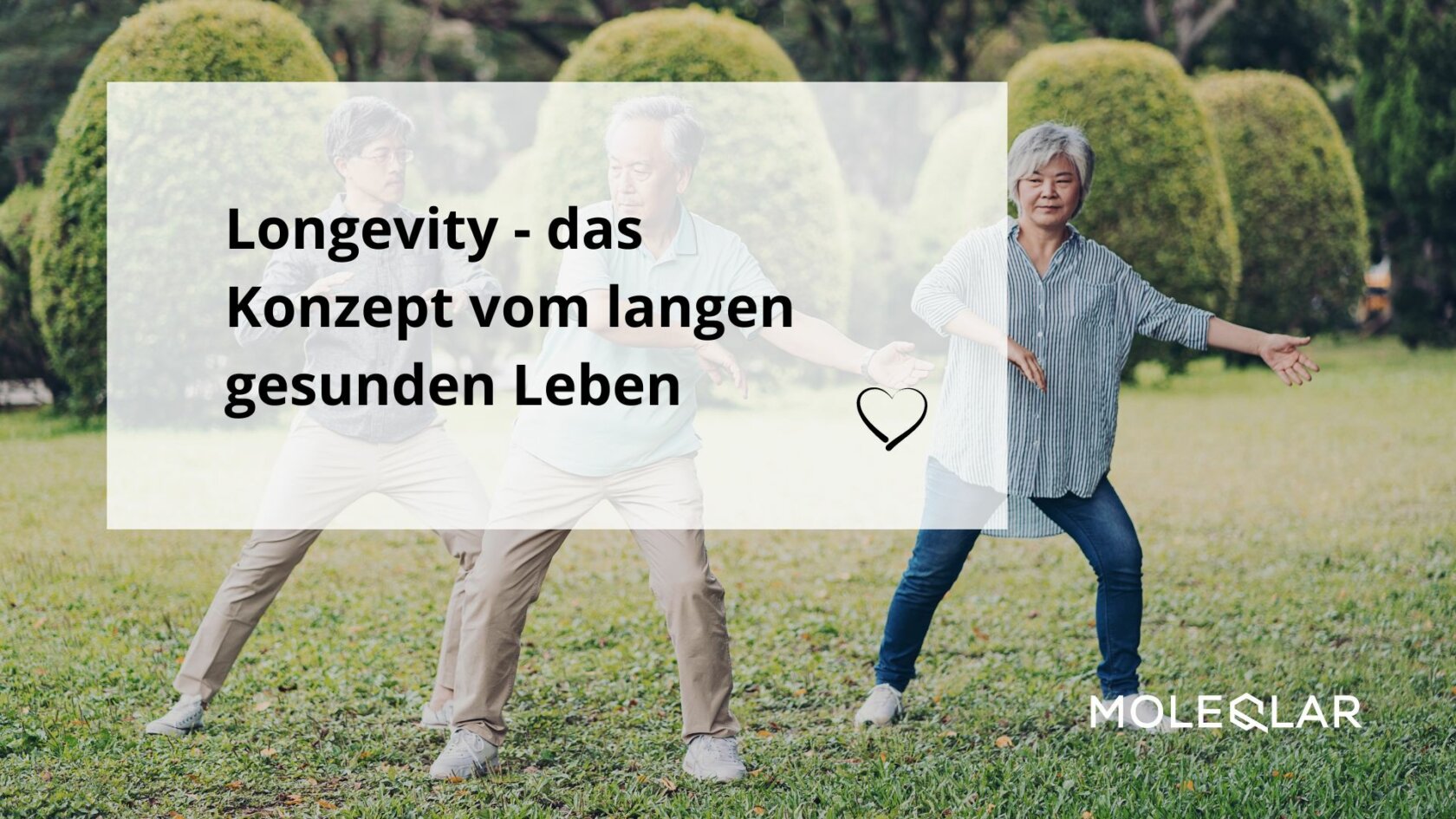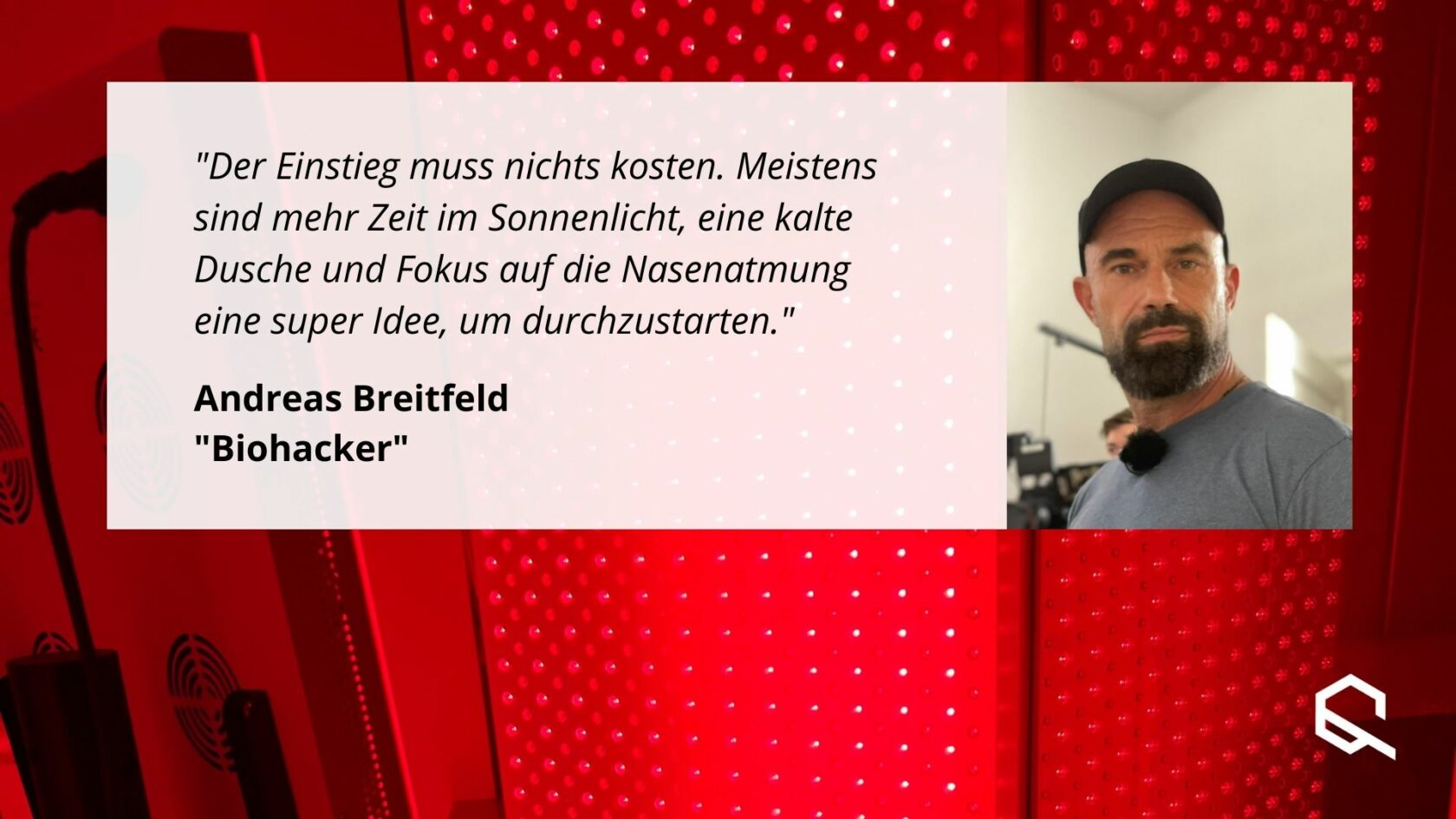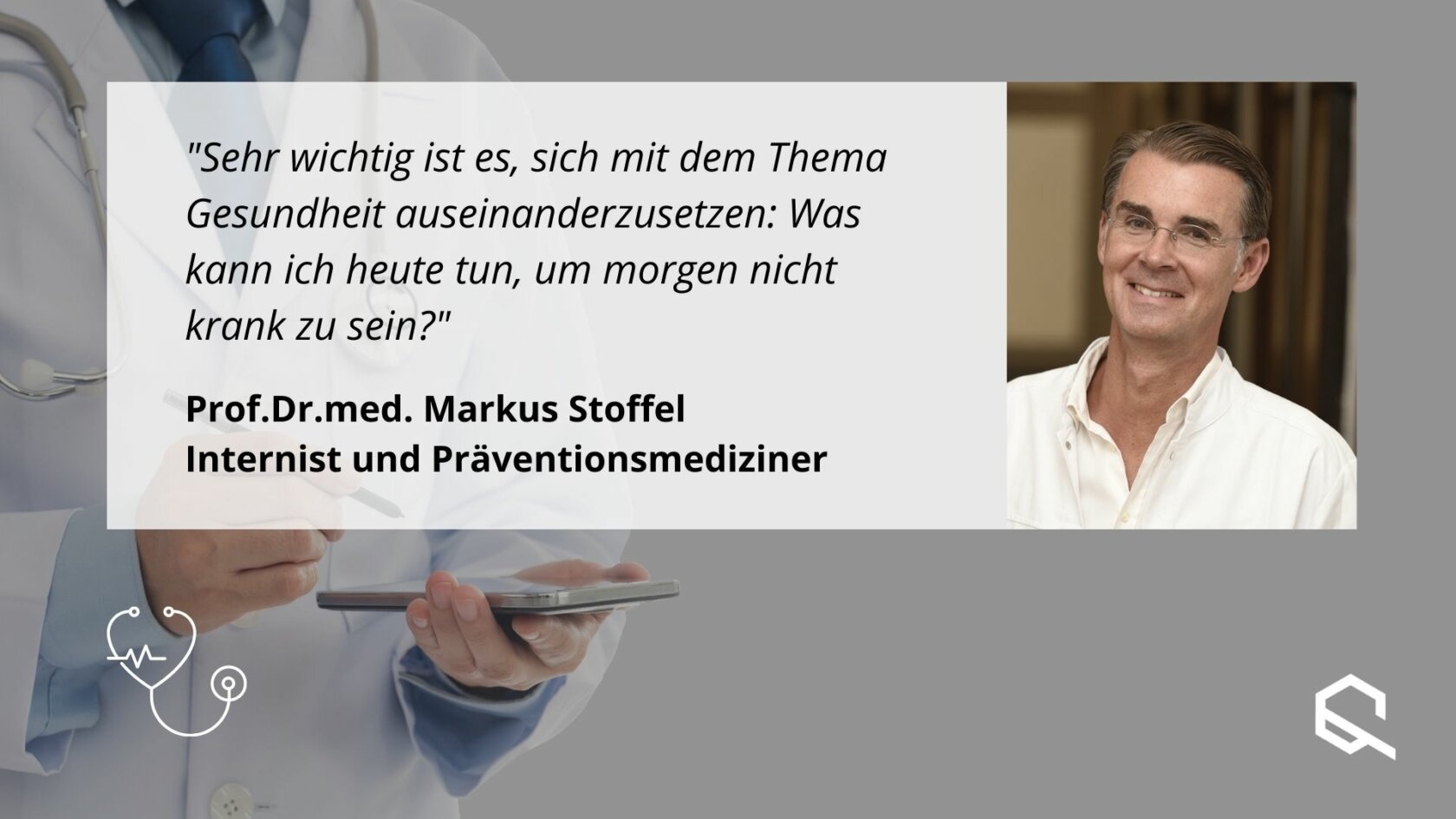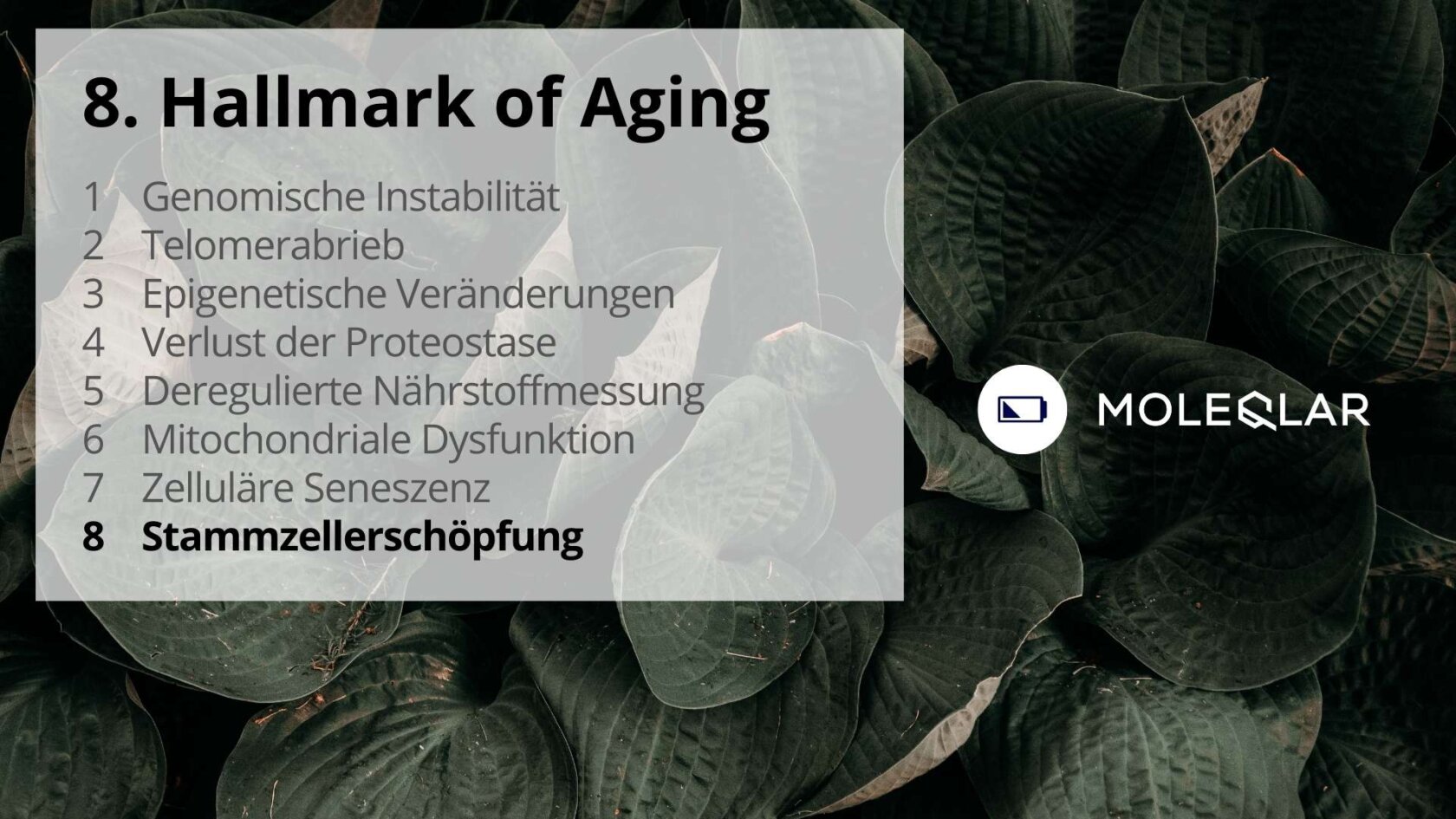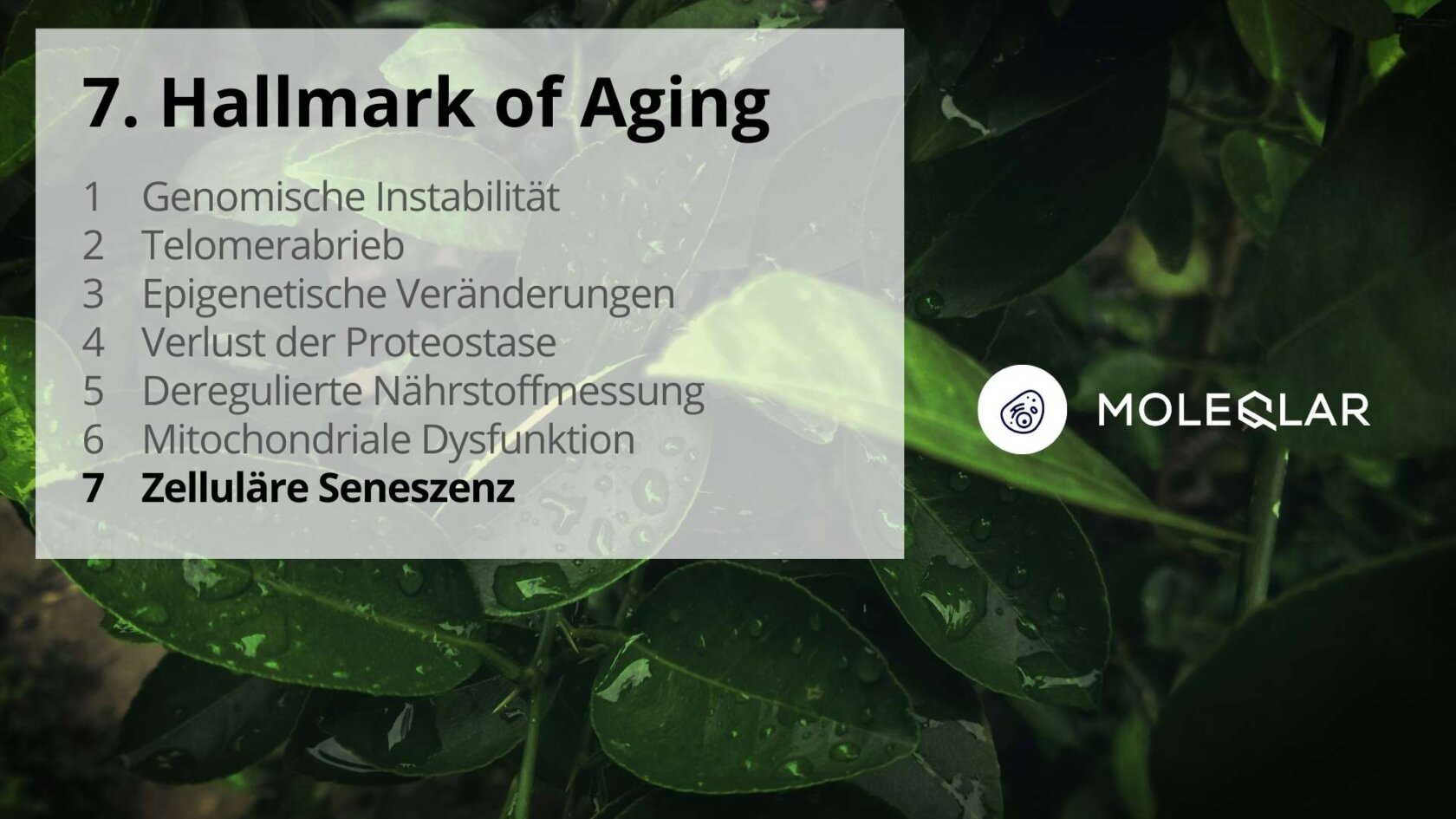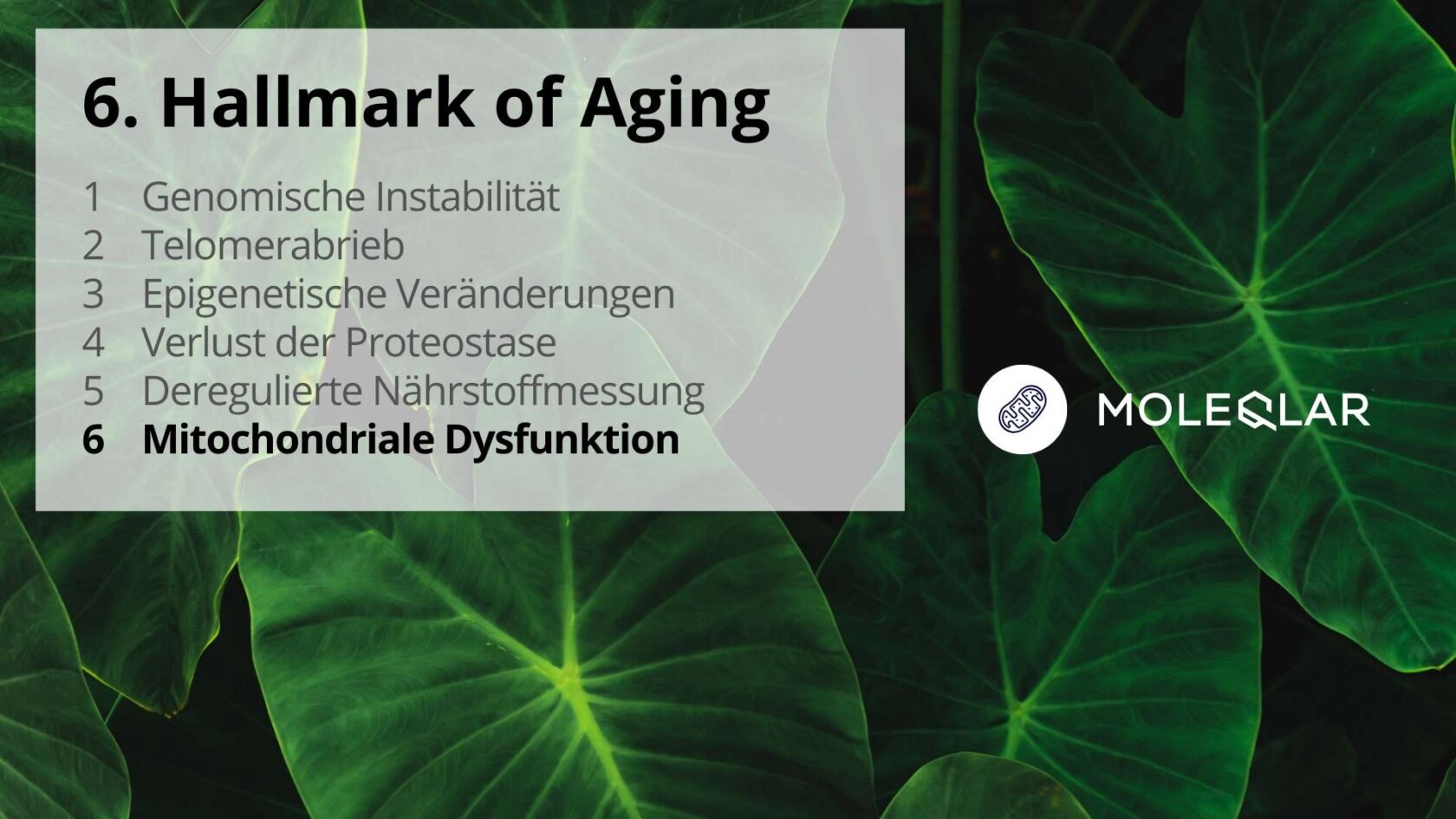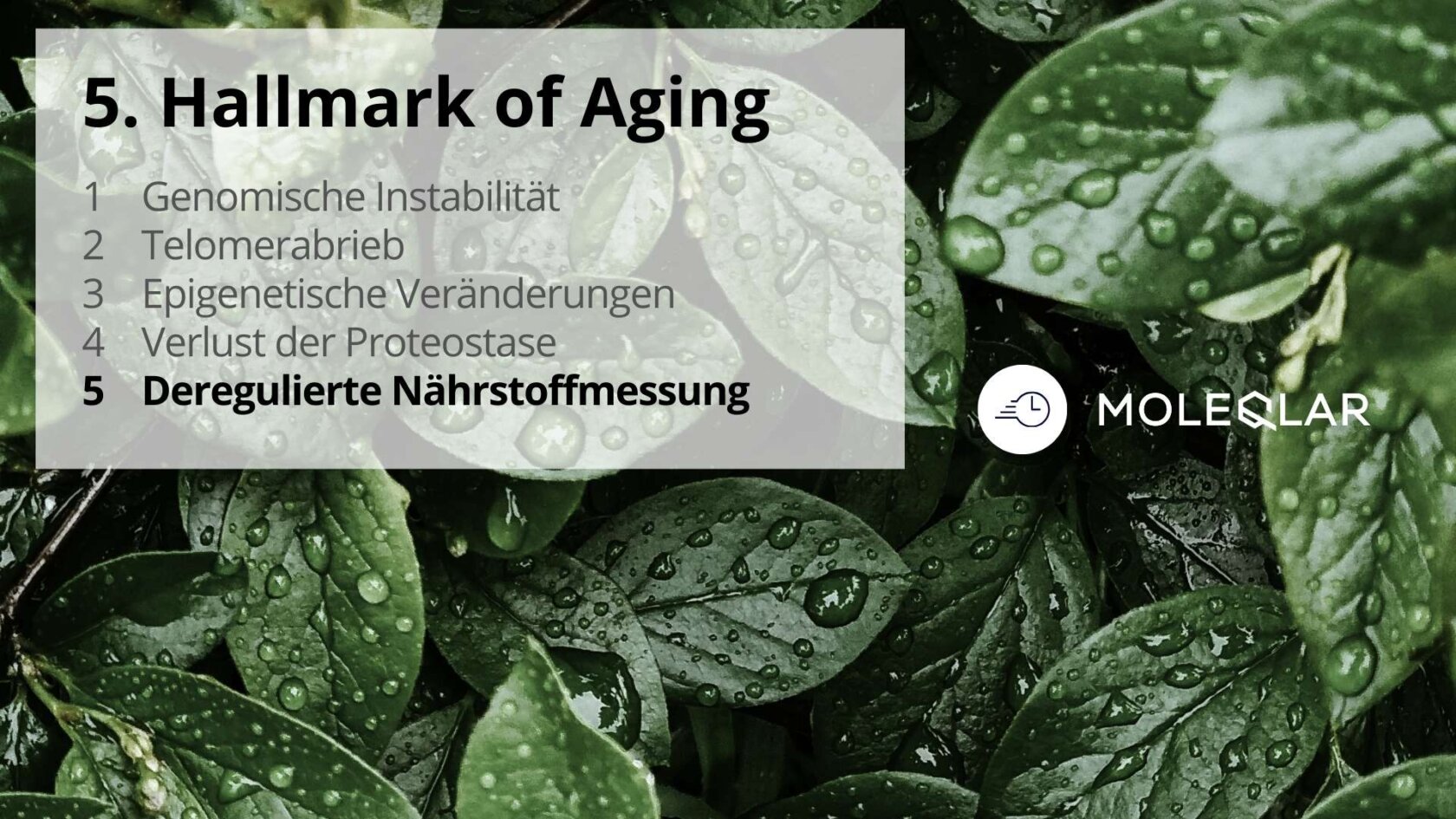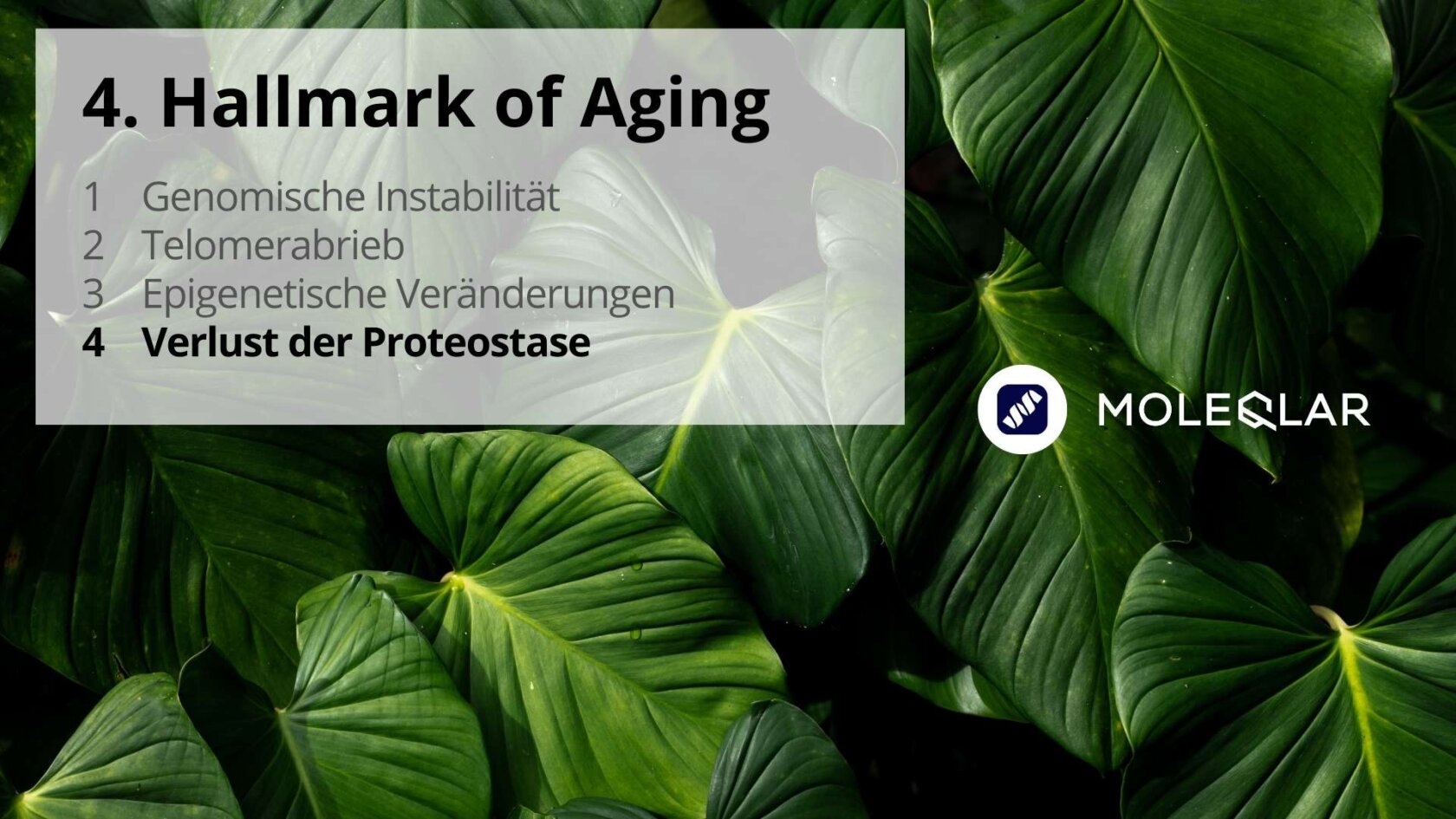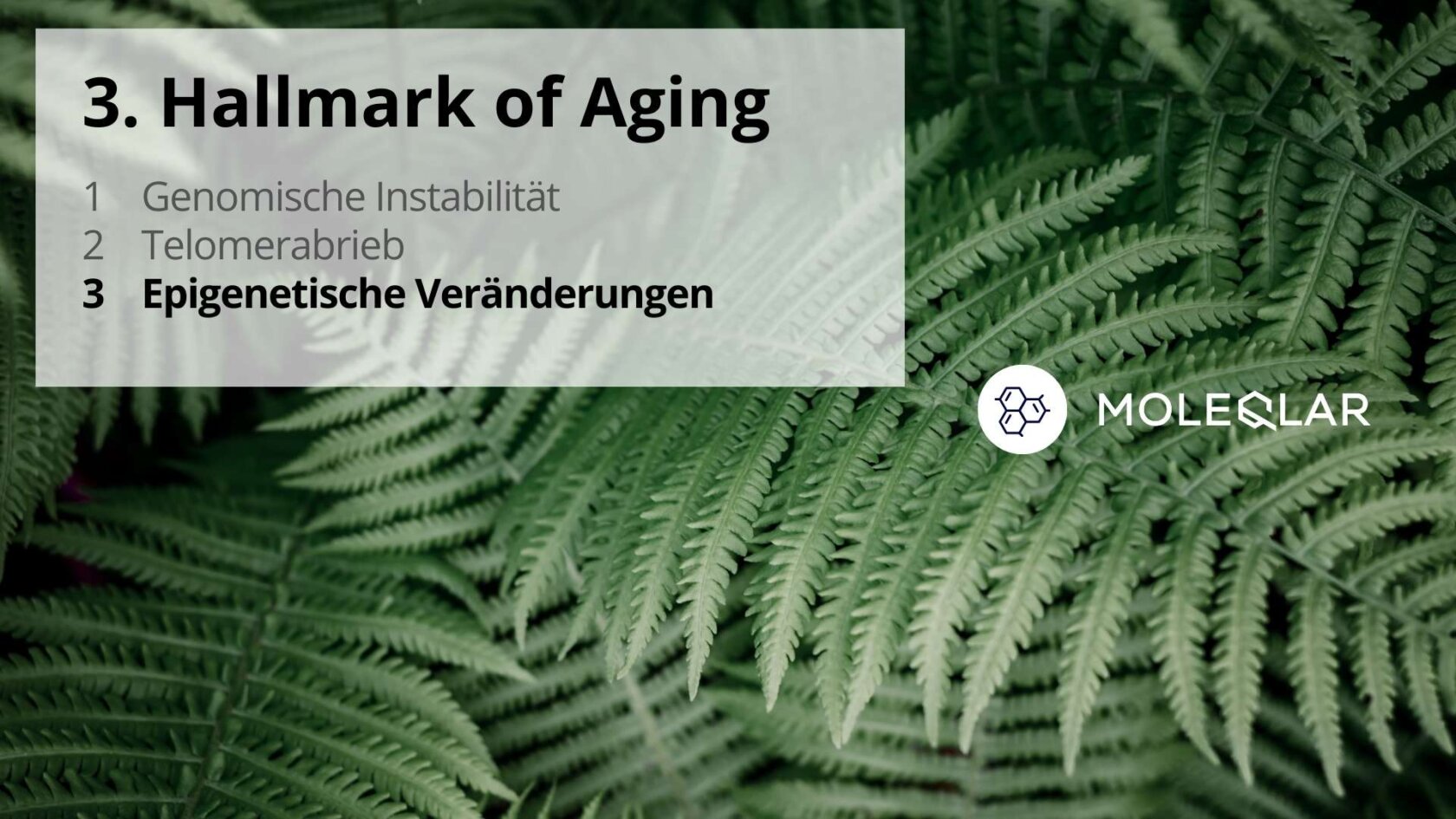"How are you?". This question comes from our lips many times. Be it out of pure politeness, with sincere interest or as the opening words for a conversation. With this key question, we humans inquire about the well-being of others. But this rarely opens the door to our state of mind and reveals the true answer. Because most of the time it only remains a half-honest "How are you? It's funny, but why is that? After all, health is one of the most important goods in our lives and we should talk about it. No, not should. It should be talked about. That definitely sounds better. And that's why we're talking about it now. About health and illness. What role modern medicine plays in it and what you can make of it. No, not can. Must, again, should be the word. And this time the door to our well-being will not remain closed, but will be opened wide. Step inside!

Illness versus health
To get closer to the answer to the title question, it helps to take a closer look at the other side of the coin. Because without diseases you are, to put it bluntly, simply healthy. Sounds conclusive, but is that true at all? Let's take a quick look at the World Health Organisation's definition of health. It defines health as a state of complete physical, mental and social well-being and not just the absence or absence of disease and infirmity. So there is much more to it than just the absence of physical suffering. The immense influence of emotions and personal attitudes should not be underestimated.
Health is a subjectively perceived state beyond diagnostic verifiability. There are many grey areas between illness and health: one can be ill but still feel healthy. Conversely, a person can feel ill, but clinically appear perfectly healthy. But before we get all philosophical, let's quickly turn the corner and get back to the point.
The modern view of health
These grey areas show us that health and illness are not entirely contradictory terms. When it comes to well-being, there is no all-or-nothing thinking. According to the motto, either black or white, day and night, big or small. Rather, health and illness are extremes of a common continuum. If you mix the colours black and white in a paint box, you get just as many different shades of grey. In the more scientific words of health expert Klaus Hurrelmann: according to this understanding, health is a pleasant and by no means self-evident equilibrium of risk and protective factors that must be re-established at every point in life history. If this balance succeeds, then joy and well-being can be derived from life. If this is not the case, one becomes ill. Illness is a normal phenomenon in human life. And when you are ill, you go to the doctor. But does one necessarily have to be ill to be allowed to go to the doctor first? No.
Revolution in the way we think about health
A little excursion into the world of cinematography. In the film Inception by Christopher Nolan, Cobb, played by Leonardo DiCaprio, explains that there is nothing more contagious or resistant than a thought. Neither a virus nor a bacterium, but a simple idea. " Don't think of a blue elephant" and the very same elephant appears in our mind's eye. This example par excellence underlines the powers of our thought world. This article, however, is not intended to be about grand cinema, but rather about the idea and thought of MoleQlar. The object and main focus of today's medicine is mainly on the disease and the sick person, instead of the health and the healthy person. Already the healthy person has to go to the doctor. Not only when it is too late and he is already ill. Because the constant chasing after disease processes leads to a severe restriction of the quality of life. Don't even think about it!

sick care ≠ health care
The aforementioned prioritisation of sick people in the health system led to the separation of medicine into three strategies. On the one hand, curation, i.e. curing diseases, and preventive medicine, through avoidance, early detection and mitigation of diseases. On the other hand, there is another step before prevention and curative medicine, health promotion. The object of health promotion is not the sick person, but finally the healthy person. Here the crucial question is why do people stay healthy instead of why do we get sick! Health promotion gives us the answer. Its goal is to maintain and increase health by strengthening protective factors in healthy people. Health promotion is therefore about protective factors instead of risk factors. In contrast to prevention, these health-supporting measures are non-specific and not disease-oriented. Accordingly, the prevention of disease and the promotion of health are different medical approaches. Primary prevention and health promotion, two terms, one goal: to enable people to live long, healthy lives.

Tools to promote health
That sounds very tempting, of course. To reach a ripe old age, but fitter, healthier and more self-determined than before. How can one imagine that? The answer is probably obvious. Health promotion aims at a process of enabling all people to have a higher degree of self-determination over their health and thereby empowering them.
You can think of health promotion as a medical toolbox, full of countless tools for the well-being of the human body. In it, a wide variety of tools are ready to support people. We are all familiar with what risk factors are. The usual story of not smoking and not drinking much alcohol. Protective factors are the exact opposite. Here, the person is the active protagonist and not a supporting role in the drama about his or her health. While the doctor has an important, accompanying task, the person stands up for his health on his own authority and actively. Sufficient exercise, a healthy diet, enough sleep, an optimistic attitude to life and social cohesion are our most important tools.
Medicine, a tool for health
In order for the toolbox to show its full effects, adjustments in lifestyle and social environment are needed. This restructuring does not mean that you have to completely turn your life upside down. Just thinking about your health can move mountains. Starting with small steps, you eventually gain awareness of your well-being and can strengthen your body with further protective factors. However, you don't have to go through this process alone. A dozen medical professionals and doctors are available to advise you. MoleQlar offers you a community and a network of all these experts in this portal. Find the contact person you trust when it comes to your health. To promote it and prevent illness. The German philosopher Ernst Bloch once defined health as "something to be enjoyed, not consumed." We all age every day. There is no question about that. But how we age is in our hands.
Literature:
World Health Organization (WHO). Ottawa Charter for Health Promotion. 1986.
Martin Hafen: What distinguishes prevention from health promotion? In: Prävention - Zeitschrift für Gesundheitsförderung, H. 1 2004, S. 8-11.
World Health Organization. (1946). Constitution of the World Health Organization. New York, NY.
World Health Organization. Health Promotion Glossary. Geneva 1986 and 1998 WHO/HPR/HEP/98.1 36
Klaus Hurrelmann: Health Sciences. Springer, Heidelberg 1999.
Klaus Hurrelmann, Matthias Richter: Gesundheits- und Medizinsoziologie. 8th edition. Beltz Juventa, Weinheim 2013.
Klaus Hurrelmann, Oliver Razum (eds.): Handbuch Gesundheitswissenschaften. 6th edition. Beltz Juventa, Weinheim 2016.
Badura, B. (1992a): Gesundheitsförderung und Prävention aus soziologischer Sicht.
In: Paulus, P. (ed.): Prevention and Health Promotion. Perspectives for psychosocial practice. Cologne: GwG-Verlag, pp. 43-52.
Graphics
The graphics were acquired under licence from Shutterstock.com and marked accordingly.
